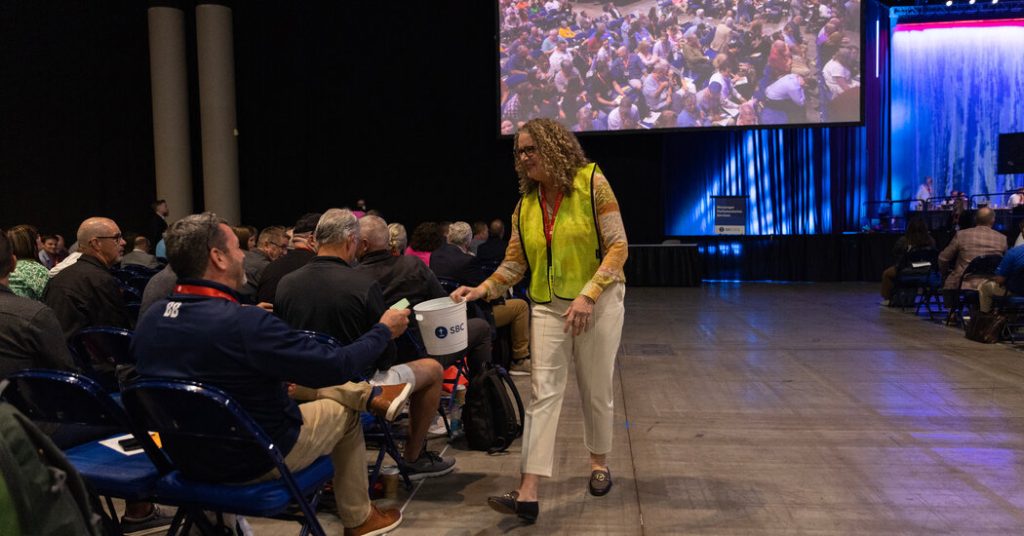Southern Baptists gathered in Indianapolis for their annual meeting and voted to oppose the use of in vitro fertilization. The vote reflected a growing openness among evangelicals to equate embryos with human life, potentially making “fetal personhood” the next focus of the anti-abortion movement. While the denomination has previously declared abortion as murder, this was the first direct address of the ethics of in vitro fertilization at the meeting. The resolution called on Southern Baptists to reaffirm the value and right to life of every human being, including those in an embryonic stage, and to only use reproductive technologies consistent with that affirmation.
Although the vast majority of delegates at the meeting oppose abortion, fertility treatments are commonly used among evangelicals. While in vitro fertilization can result in the destruction of unused embryos, many Southern Baptists view it differently from abortion as its goal is to create new life. With almost 13 million church members across the United States, the Southern Baptist Convention has long been a political force in American evangelicalism. The recent resolution on in vitro fertilization is not a ban and will not have any binding effects on families in Southern Baptist churches undergoing fertility treatments. It aims to express empathy for couples struggling with infertility and to affirm the belief that all children are gifts from God, regardless of how they were conceived.
Last month, the head of the denomination’s public policy arm called on legislators to regulate in vitro fertilization, citing potential harm to children and women. This stance has sparked debate within the evangelical community, including disagreements among strongly anti-abortion Christians. In response to a ruling in Alabama considering frozen embryos as children, several Republicans moved to protect in vitro fertilization providers. The Southern Baptist resolution acknowledges the divisive nature of the issue and aims to challenge Republicans who do not support their stance on fertility treatments.
Prior to the in vitro fertilization vote, Southern Baptists rejected a proposal to restrict congregations with women in pastoral leadership positions. The proposed amendment sought to limit the eligibility for pastoral or elder roles to only men, consistent with the denomination’s statement of faith. However, opponents argued that the amendment was unnecessary and could alienate churches that align with Southern Baptist values but have women in leadership. This unexpected rebuke to a hard-right faction highlights ongoing divisions within the denomination on various issues.
The political implications of the Southern Baptist Convention’s resolutions and decisions are significant, given the denomination’s conservative membership and influential role in American evangelicalism. The debates and votes at the annual meeting are closely watched by commentators and politicians alike. The rejection of the in vitro fertilization crackdown and the move to limit pastoral roles to men suggest a diverse range of perspectives within the Southern Baptist community, reflecting broader debates within the evangelical movement. The ongoing developments within the denomination will continue to be of interest as they navigate complex ethical and moral issues in a changing cultural and political landscape.


